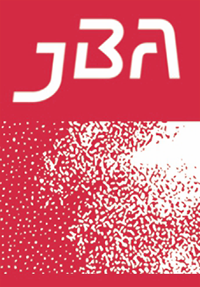Playing with Morality: Business Ethics of a Professional Baseball Club in Taiwan
DOI:
https://doi.org/10.22439/jba.v2i1.5007Keywords:
Taiwan, Professional baseball, Business ethics, Moral values, Corruption, FansAbstract
Baseball is considered the national sport in Taiwan. Professional teams are owned by large local firms and are themselves small companies offering an archetypal model of society. Their practices are based on moral values around which their fans are unified. This is also a legacy of the social responsibility transferred to the Taiwanese firms by the former authoritarian regime (from the 1950s to the 1980s). Based on twelve months’ fieldwork with a Taiwanese baseball club now owned by a holding company, this paper shows how the club is viewed as a firm structured around moral values and whose players are established as moral paragons. The model of a united, hierarchical family is highlighted by the original owners, a family firm which founded the club in 1984, and by the team’s iconography. However, these methods of commodifying the team as a value-based family are faced with the realities of daily practices and the corruption scandals that regularly undermine the image of the Taiwanese professional league. The current company owner (from 2014) has tried to maintain this image of virtue, with some adjustments, in order to maintain the fans’ identification with the club. The business ethics of the club is the outcome of these adjustments and negotiations between the owners, the players, and the fans.Downloads
Published
2016-05-24
Issue
Section
Articles
License
Authors who publish with this journal agree to the following terms:
- Authors retain copyright and grant the journal right of first publication with the work simultaneously licensed under a Creative Commons Attribution License that allows others to share the work with an acknowledgement of the work's authorship and initial publication in this journal.
- Authors are able to enter into separate, additional contractual arrangements for the non-exclusive distribution of the journal's published version of the work (e.g., post it to an institutional repository or publish it in a book), with an acknowledgement of its initial publication in this journal.
- Authors are permitted and encouraged to post their work online (e.g., in institutional repositories or on their website) prior to and during the submission process, as it can lead to productive exchanges, as well as earlier and greater citation of published work (See The Effect of Open Access).



